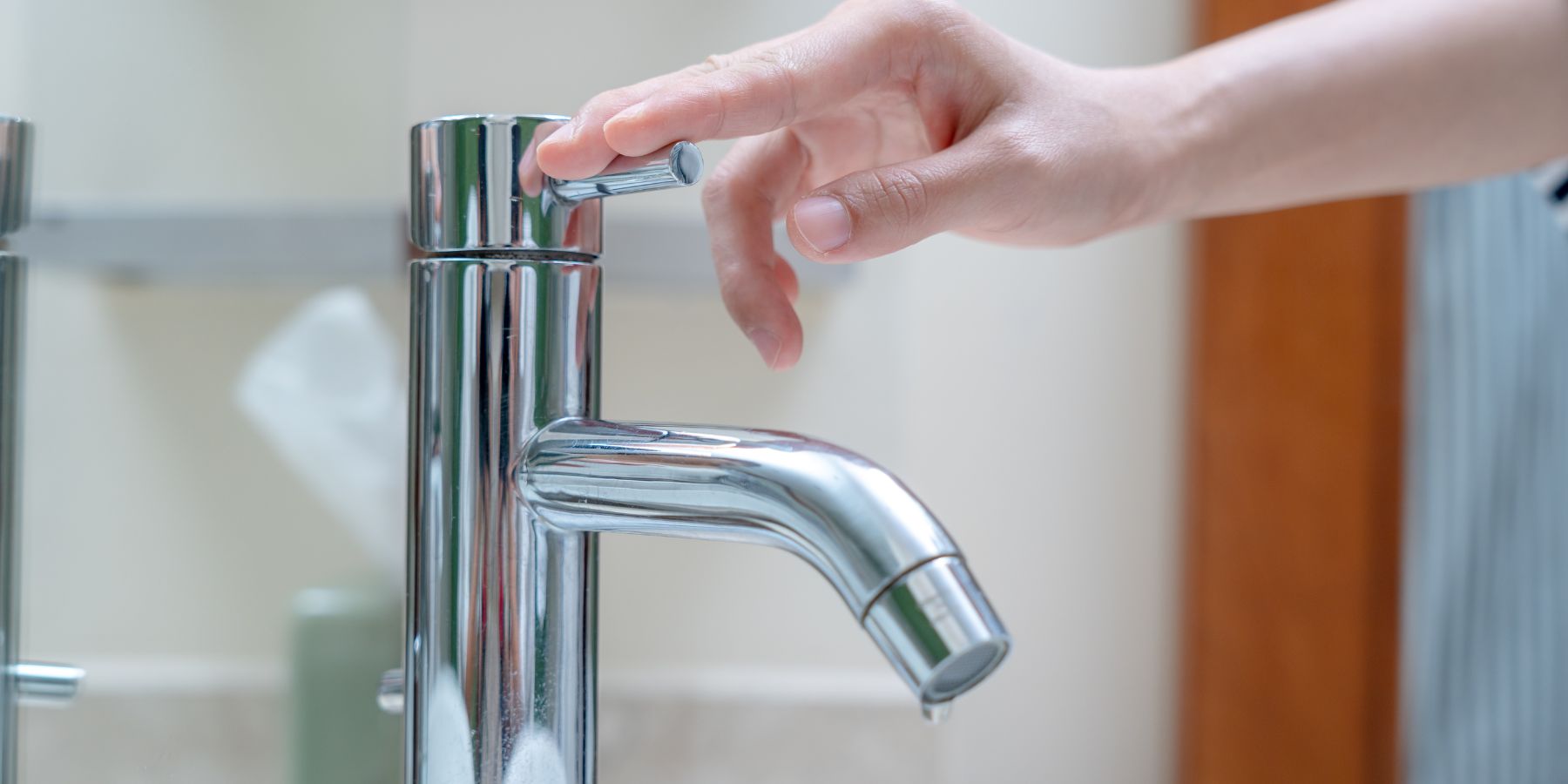Water is a precious resource, and conserving it not only benefits the environment but also your wallet. In this guide, we will explore the various ways you can save water at home and, more importantly, how much money you can save by adopting water-saving practices.
The Cost of Wasting Water
Before we delve into water-saving tips, let's understand the financial impact of wasting water. Many households unknowingly waste significant amounts of water, which can result in higher water bills. The cost of water varies by location, but the average American household spends hundreds of dollars each year on water and sewage services.
How to Save Water at Home
1. Fix Leaks
Leaky faucets, toilets, and pipes are common culprits of water wastage. Even a small drip can add up over time. To save water and money, promptly repair any leaks in your home.
2. Install Low-Flow Fixtures
Low-flow faucets, showerheads, and toilets are designed to use less water without compromising performance. By installing these fixtures, you can reduce water usage and lower your water bills.
3. Collect Rainwater
Consider setting up rain barrels to collect rainwater from your roof. This harvested rainwater can be used for outdoor activities like watering your garden, reducing the need for tap water.
4. Use a Broom, Not a Hose
When cleaning driveways, sidewalks, or decks, opt for a broom instead of a hose. Sweeping consumes no water while using a hose can be extremely wasteful.
5. Be Mindful of Appliance Usage
Run your dishwasher and washing machine only with full loads. Additionally, choose efficient settings on these appliances to minimize water consumption.
6. Water Plants Wisely
Water your garden and plants during the cooler parts of the day to reduce evaporation. Consider using a soaker hose or drip irrigation system for more efficient watering.
The Savings Add-up
Now, let's crunch the numbers to see how much money you can save by conserving water at home. Here are some estimates based on typical water costs:
Fixing a leaky faucet can save you around $20 to $200 per year.
Installing low-flow fixtures can cut your water usage by up to 60%, saving around $100 per year.
Collecting rainwater can save you up to $50 annually on outdoor water use.
Choosing a broom over a hose for outdoor cleaning can save you about $20 per year.
Being mindful of appliance usage can result in savings of $50 to $100 per year.
Watering plants efficiently can save you approximately $25 annually.
These are just estimates, but they demonstrate how making small changes in your water usage habits can translate into significant savings over time.
FAQs: Your Water Conservation Questions Answered
Q: Are there any government incentives for water-saving home improvements?
A: Some regions offer rebates or incentives for installing water-efficient appliances and fixtures. Check with your local utility provider for available programs.
Q: How can I check for leaks in my home?
A: To detect leaks, monitor your water meter for unusual fluctuations when no water is being used and inspect your plumbing for visible leaks.
Q: Do low-flow fixtures compromise water pressure and performance?
A: No, modern low-flow fixtures are designed to provide adequate water pressure while conserving water.
Q: Can I save money on my water bill by using less hot water?
A: Yes, using less hot water not only reduces water usage but also lowers the energy required to heat water, resulting in additional savings.
Q: What are some water-saving habits for kids and how can I teach them to conserve water?
A: Encourage kids to turn off faucets while brushing their teeth, take shorter showers, and avoid wasting water during play. Teaching them about water conservation from an early age is essential.
Start Saving Water and Money Today
Conserving water at home is not only environmentally responsible but also financially rewarding. By adopting water-saving practices, you can make a positive impact on your budget while contributing to a more sustainable future. So, start implementing these water-saving tips today and watch your water bills decrease.

